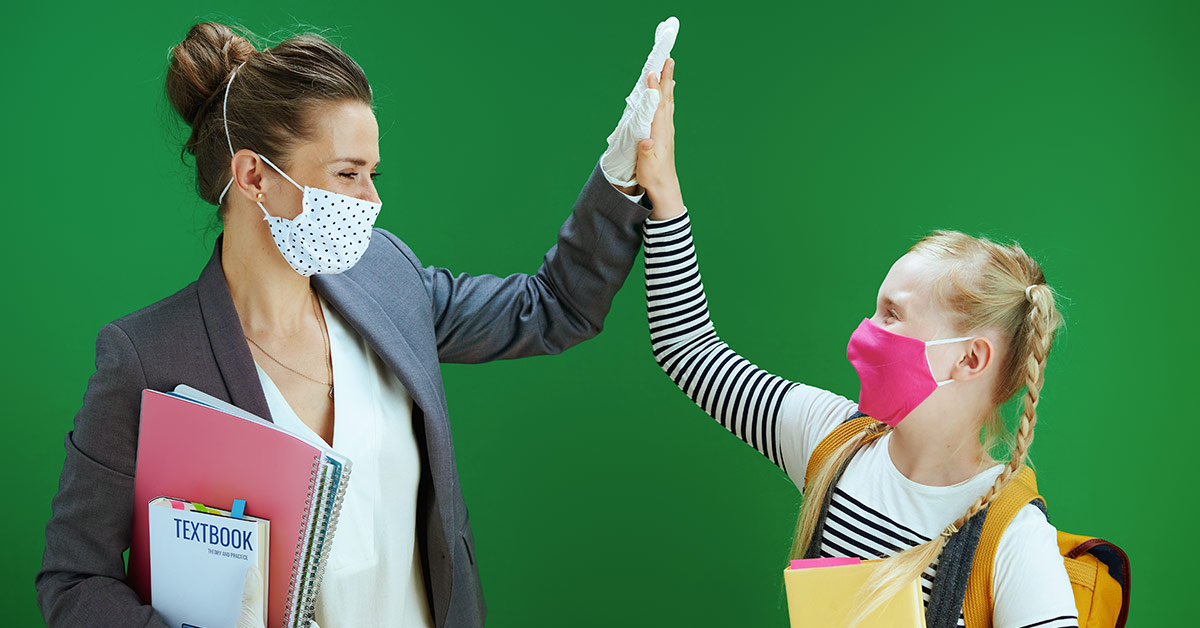Tell me, I’ll forget
Show me, I may remember
Involve me, and I’ll understand – Old Proverb
I’m not a particularly good chef but I do enjoy the act of cooking. More than once during quarantine, I’ve passed the day experimenting with different recipes. I’ve baked a bushel of muffins (which were delicious). Stewed my own chili (also delicious), and even tried my hand at shawarma (abysmal failure). The food I make isn’t always tasty, but I have the confidence to try new dishes and the experience to achieve results.
Of course, this wasn’t always the case. Like most people I started out with barely enough culinary knowledge to boil water. My parents taught me how to cook by involving my sisters and I in our weekly meals. My mother showed me the correct way to cut vegetables, my dad taught me how to use a grill, both made sure I was using healthy ingredients. Thanks to them, I was eating full meals after college while most of my friends were subsisting on ramen and canned beans.
We Learn by Doing
The same principles that apply to cooking also apply to education: people learn by doing. Textbooks and lectures certainly have their place in the learning process, but there really is no substitute for experience. Yet too often we teachers find ourselves retreating to familiar ground. Maybe we don’t have sufficient tools for hands-on learning. Perhaps time is limited and were pressed into conveying information as quickly as possible. Whatever the reason, the lack of practical applications can have a negative effect on student growth.
Over at Cult of Pedagogy, Jennifer Gonzalez writes,
“In a 2014 article, instructional coach Alexis Wiggins reported on her findings after shadowing two high school students through a typical school day. She was horrified by the amount of sitting and passive learning these students were subjected to. Friends of mine who work as instructional consultants and coaches, who visit hundreds of classrooms every year, say they see more low-level seatwork than anything else.”
Gonzalez argues that a prolonged stagnant approach won’t just hurt the learning process, it will actively repel students from education. So, how do we fix this?
Get Up and Get Moving
The first (and arguably best) option is with project-based learning. Authentic project-based learning allows students to engage with lessons that are memorable, meaningful, and fun. Units like Blue Apple’s State of Sustainability combine math, literacy, and science while simultaneously encouraging students to enact positive change. This presence of real-world issues and results makes the learning matter. When students are invested in their own learning, they’re more likely to exercise their curiosity, creativity, and critical thinking.
A second option is with group discussion. Gonzalez herself endorses this approach writing,
“Even giving students a few minutes to discuss a topic—especially if they are taking some kind of a stance on the content and backing it up with evidence—can do so much to help them process and learn the content. But make sure all students are participating!”
Giving students a space to voice their thoughts lets them know their perspective matters. They are not merely receptacles for information.
Lastly, consider using reflection journals in class. Writing helps students process the information they’ve gathered while also giving them an opportunity to record questions, thoughts, and ponderings. Have students set goals in their journals and record their progress. By simply giving them time to reflect, you can show them the progress they’ve made and encourage their skills in observation.
Growing Together
I truly believe all students have a natural desire to learn. Like an underground river, their sense of wonder is always bubbling beneath the surface, waiting for a chance to spring forth. While there is no doubt that 2020 will be a challenging year, educators can still tap into that reservoir of wonder by having students engage with their material in a meaningful way. Give them the confidence to apply what they’ve learned and the experience to reach for new results. Show them school is more than a building.
We hope you are all staying healthy and safe during this difficult time. For more free educational resources, or ideas on how to promote healthy Social-Emotional Learning, simply follow this link!

